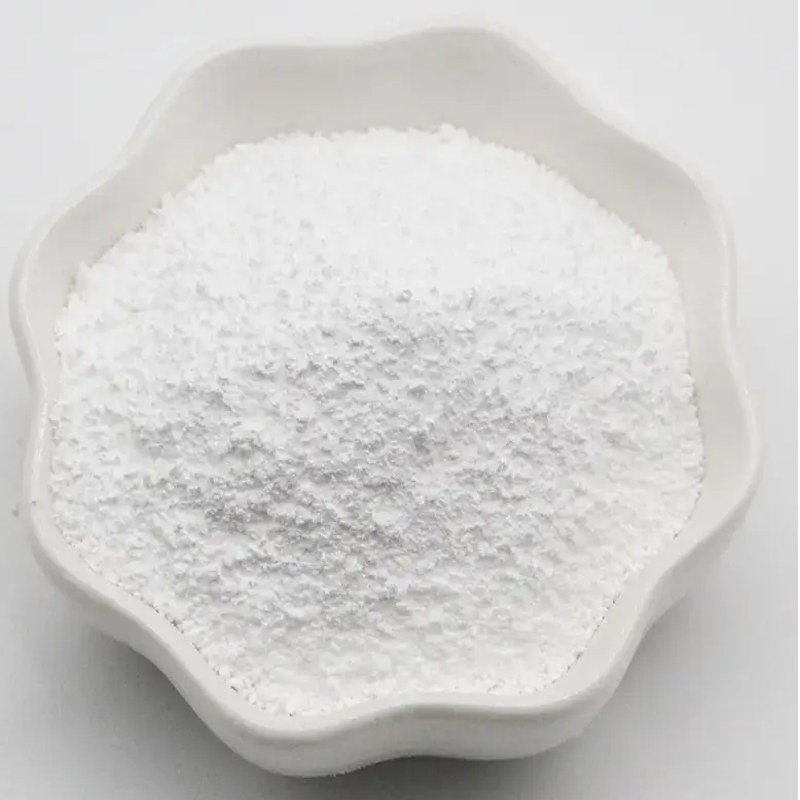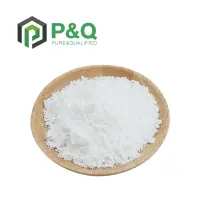-
Categories
-
Pharmaceutical Intermediates
-
Active Pharmaceutical Ingredients
-
Food Additives
- Industrial Coatings
- Agrochemicals
- Dyes and Pigments
- Surfactant
- Flavors and Fragrances
- Chemical Reagents
- Catalyst and Auxiliary
- Natural Products
- Inorganic Chemistry
-
Organic Chemistry
-
Biochemical Engineering
- Analytical Chemistry
- Cosmetic Ingredient
-
Pharmaceutical Intermediates
Promotion
ECHEMI Mall
Wholesale
Weekly Price
Exhibition
News
-
Trade Service
After infection with Severe Acute Respiratory Syndrome Coronary Virus 2 (SARS-Cov-2), most cases can produce an immune response, but the effect and duration of antibody protection is not clear.
Recently, researchers followed medical staff at Oxford University Hospital in the United States to examine the relationship between serologically positive or serologically negative neo-coronary pneumonia and SARS-cov-2 secondary infections with symptoms or asymptomatic infections of neo-coronary pneumonia and a polymerase chain reaction (PCR).
serological antibodies baselined by health care workers were evaluated by Thespike Protein Antibodies and IgG Antibodies for a follow-up period of 31 weeks.
the relative incidence of PCR-positive test results and symptomatic infections based on antibody status, age, sex and incidence over time.
12,541 health care workers were tested for antibodies, including 11,364 who were negative and 1,265 who were positive, and 88 who experienced serum transformation during follow-up.
follow-up period, 223 Spike protein antibody-negative health care workers tested positive for nucleic acid by PCR (1.09 per 10,000 participant follow-up days), of which 100 were asymptomatic and 123 had New coronary pneumonia symptoms, only 2 Spike protein antibody-positive health care workers confirmed by PCR nucleic acid positive (0.13 cases per 10,000 participant follow-up days), are symptomatic patients (symptomatic infection risk ratio of 0.11).
were found to be asymptomatic among health care workers who tested positive for Spike protein antibodies.
serological evaluation using a baseline using a Spike protein antibody, an IgG antibody, or a combined use of both did not affect the conclusions of the study.
antibody status and risk of secondary infection was found to have a lower risk of secondary infection within the next 6 months for people who were serotic antibody-positive for neo-coronary pneumonia.
。







